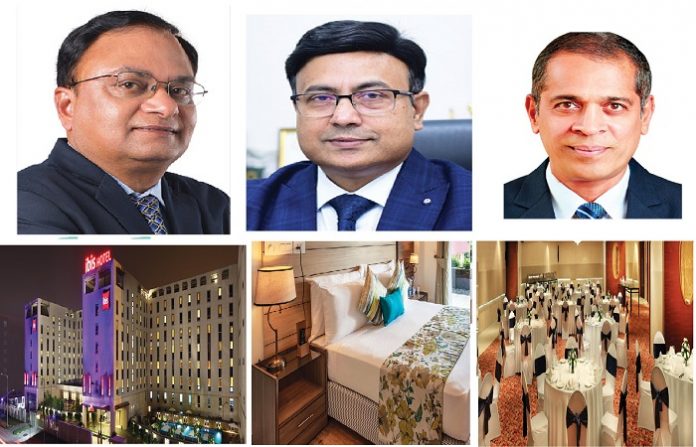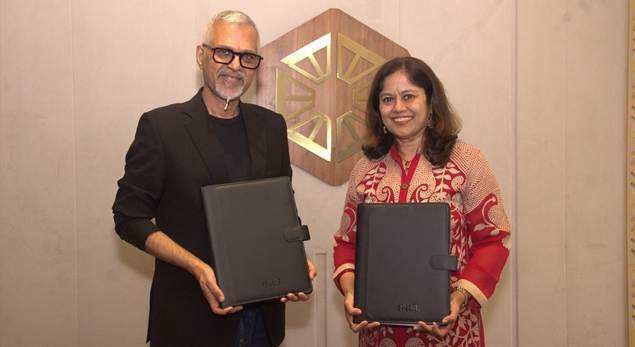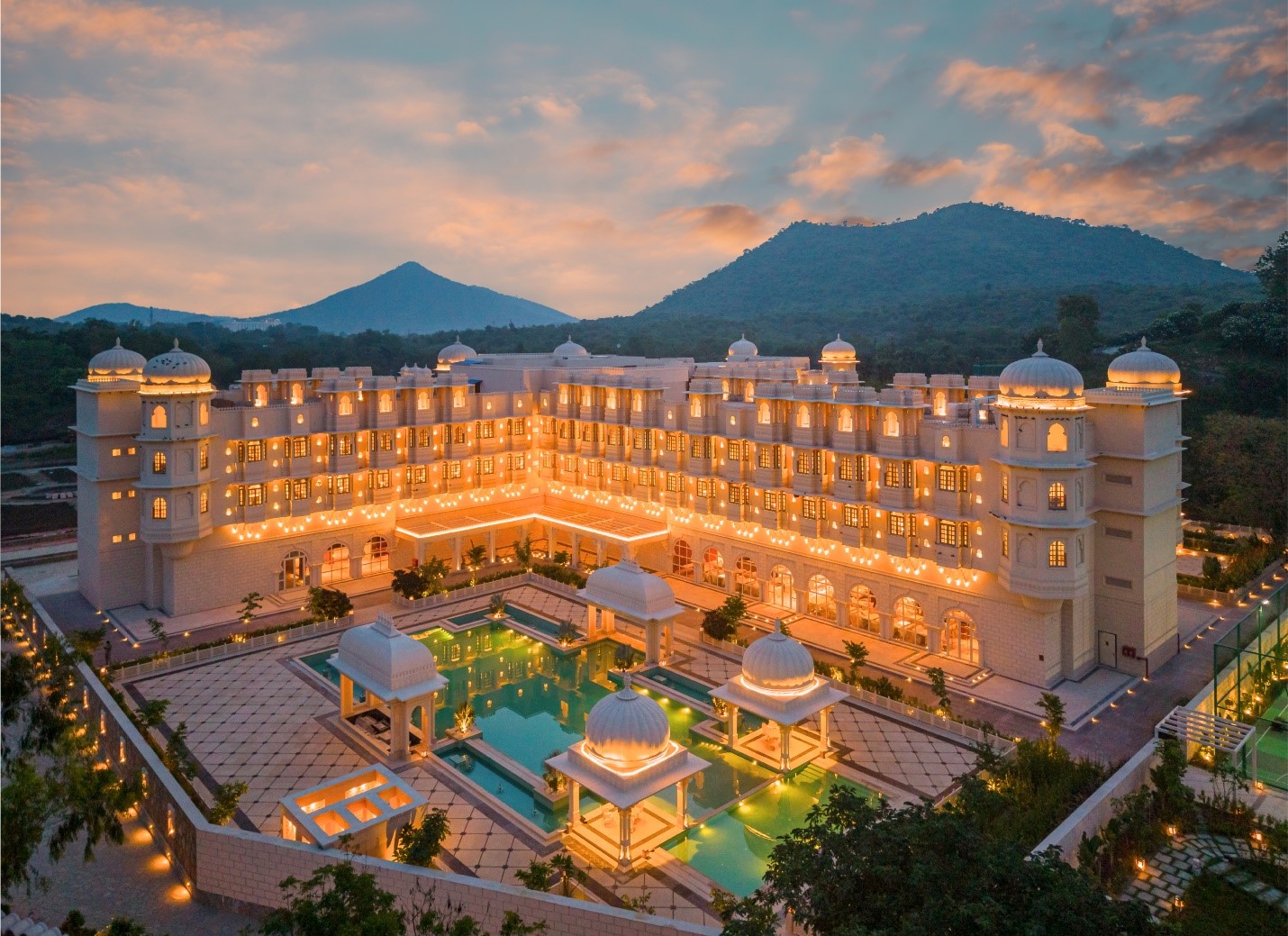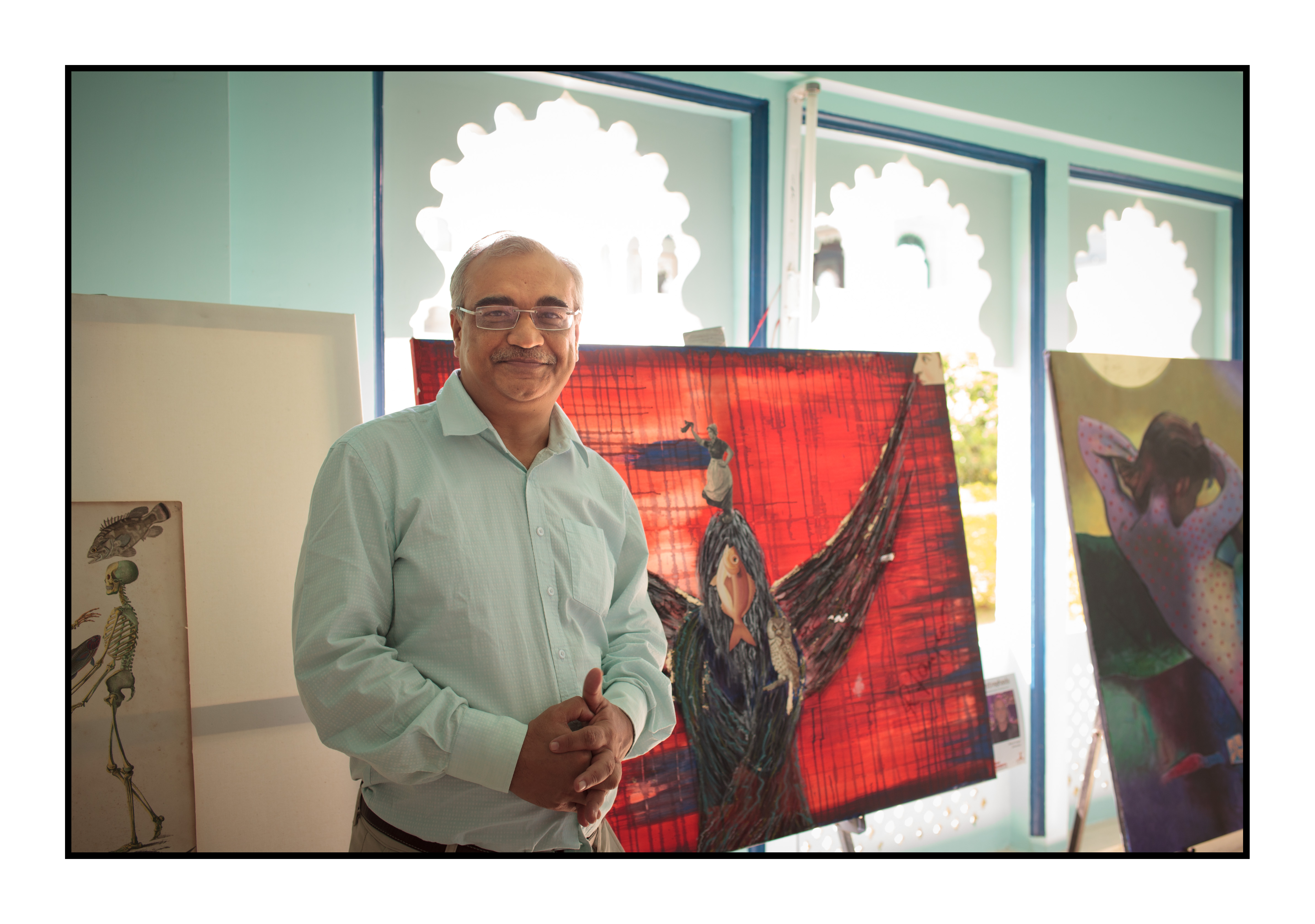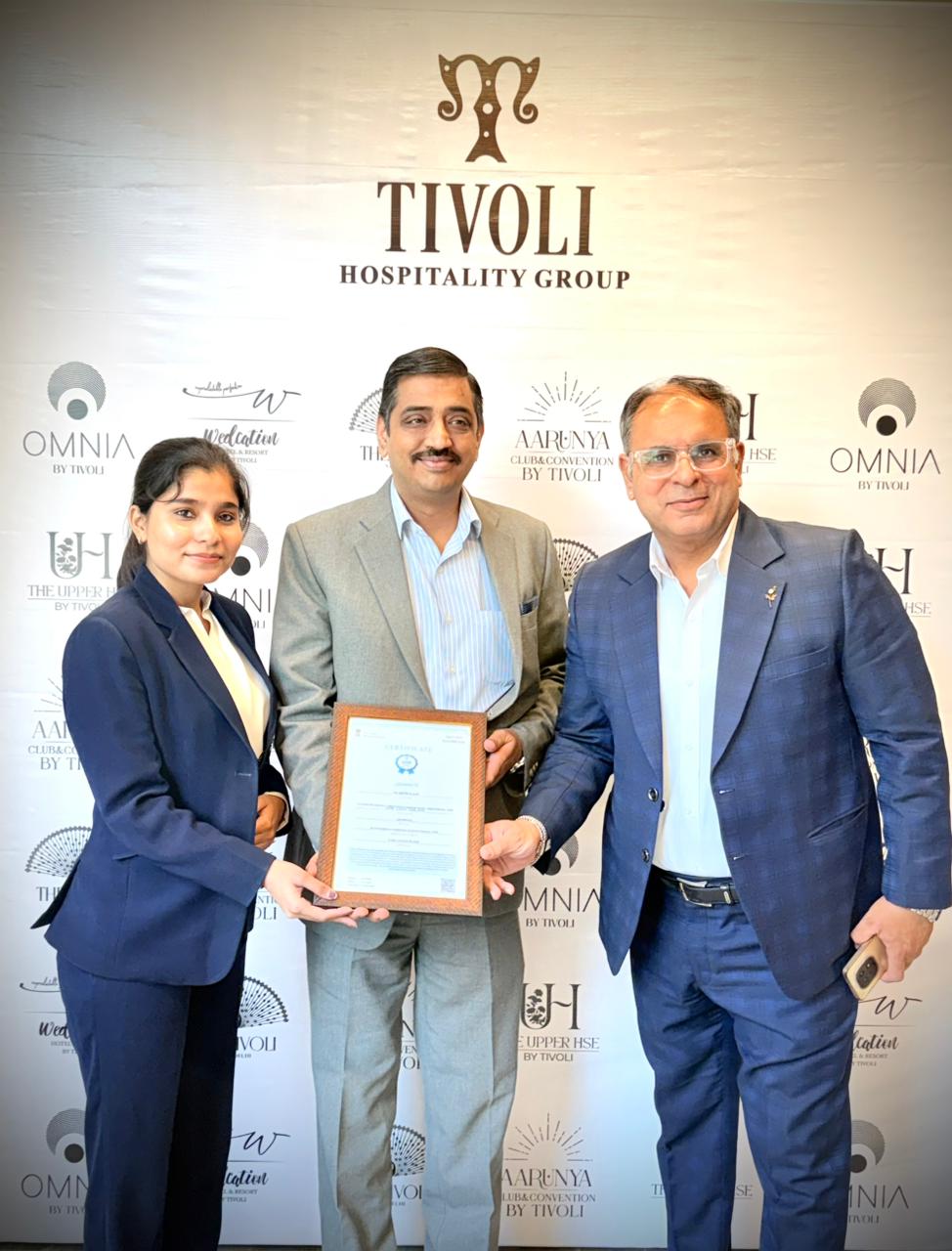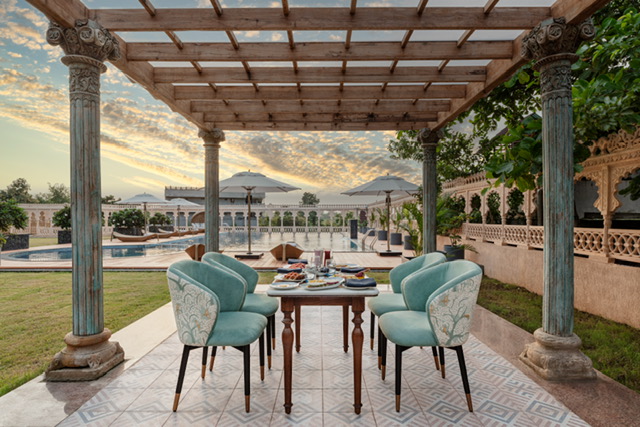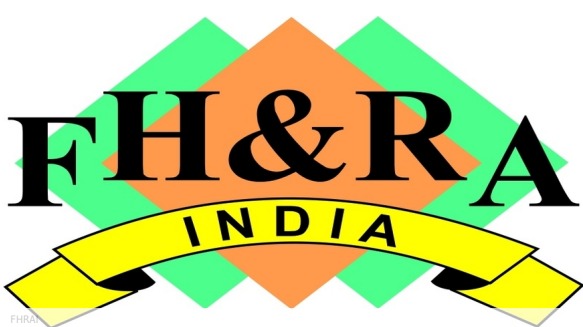Hotel guests need assurance that they will be in a virus free environment in a place they call ‘home away from home’.Let’s see what hoteliers have to say on the same.
Kanchan Nath
Arun Raju Vice President & Head of Projects InterGlobe Hotels Stringent hygiene
procedures
The COVID-19 pandemic has brought about a tough challenge for the entire economy, and amongst all the industries, travel and hospitality is by far the most impacted.
Clean indoor air quality
In addition to health & safety protocols, we needed to maintain clean indoor air quality in our hotels. The standards established by the Indian Society of Heating, Refrigerating and Air Conditioning Engineers (ISHRAE) on how organisations can control the spread of COVID-19 in public areas have been implemented brilliantly. The guidelines that were issued clearly suggested that building owners should increase the fresh air intake as much as possible which can allow increased usage of the Dedicated Outdoor Air System units. Keeping this in mind, we used technology to upgrade our existing filtration on Air Handling Units (AHUs) to MERV 13 or above and recommend UV lights to disinfect the coils.
“We upgraded existing filtration on AHUs to MERV 13 or above and recommended UV lights to disinfect the coils”
air for hotels
Sarbendra Sarkar Founder and Managing Director Cygnett Hotels and Resorts Hygienic hotels
It has not been proven yet that COVID-19 is airborne. However, people have concerns around this, and they would want to be doubly sure when they resume travelling post lockdown. We very much appreciate the fact that guests will seek and prefer only clean and hygienic hotels. They would want assurance that they would be safe in the hotel. For us at Cygnett Hotels, cleanliness and hygiene have always been a top priority. We are being extra cautious now and taking all precautionary measures as per guidelines outlined by WHO, ICMR, HRAIE, and FSSAI. Coming to the point of ACs, all our units have a centralised airconditioning system and the treated chilled air comes from AC ducts through the AHU (Air Handling Unit). Every AHU has filters installed in it. The air is pulled through the filters, where airborne particles such as dust, lint, and even microscopic pollutants are removed, and hence there is no chance of spreading the virus through air. To remove harmful nanoparticles we are installing air purifiers in all public areas and could provide the in rooms on request. We are also making masks mandatory for everyone. We are in constant touch with our vendor partners and industry bodies to ensure that we are aware of any new developments in technology that could help our hotels to be as much safe from the virus as possible. We will continue to assess all our systems on a regular basis and keep making changes based on guidelines from health agencies.
“To remove nanoparticles we are installing air purifiers in public areas and could provide them in rooms too”
Mukund Sahasrabudhe Director –Technical Services, Sarovar Hotels and Resorts
Taking measures to be safe
The primary understanding today is that the coronavirus is transmitted through person-to-person contact which means that in the future it will be crucial to maintain the prescribed ‘social distancing’ norms between individuals in hotels and restaurants. It is also recommended that frequently touched surfaces and objects continue to be disinfected at regular intervals to ensure safety of guests and hotel staff. Having said that, airborne transmission of the virus is said to occur when microbes within droplet nuclei i.e. particles less than 5 μ (microns) in diameter remain in the air for a long time and can be transmitted over distances greater than 1 m. Using 3 μ filters will therefore ensure that air quality remains pure. Special precautions need to be taken in order to address this issue. The conventional measures with respect to pure air quality in hotels include cleaning the FCUs (Fan Coil Units) and AHUs (Air Handling Units) coils and filters. Additional precautions will involve thoroughly disinfecting airconditioned areas as well as replacing the existing filter microns with 3 μ (microns) filters. Apart from that, installing UV filters for AHUs, TFAs and ozonisation of designated areas as well as installing UV bulbs is now going to be inevitable. This will ensure that the air-conditioned spaces remain free from bacteria.
“Installation of 3 μ filters, UV filters for AHUs, TFAs and ozonisation of designated areas will be inevitable”


